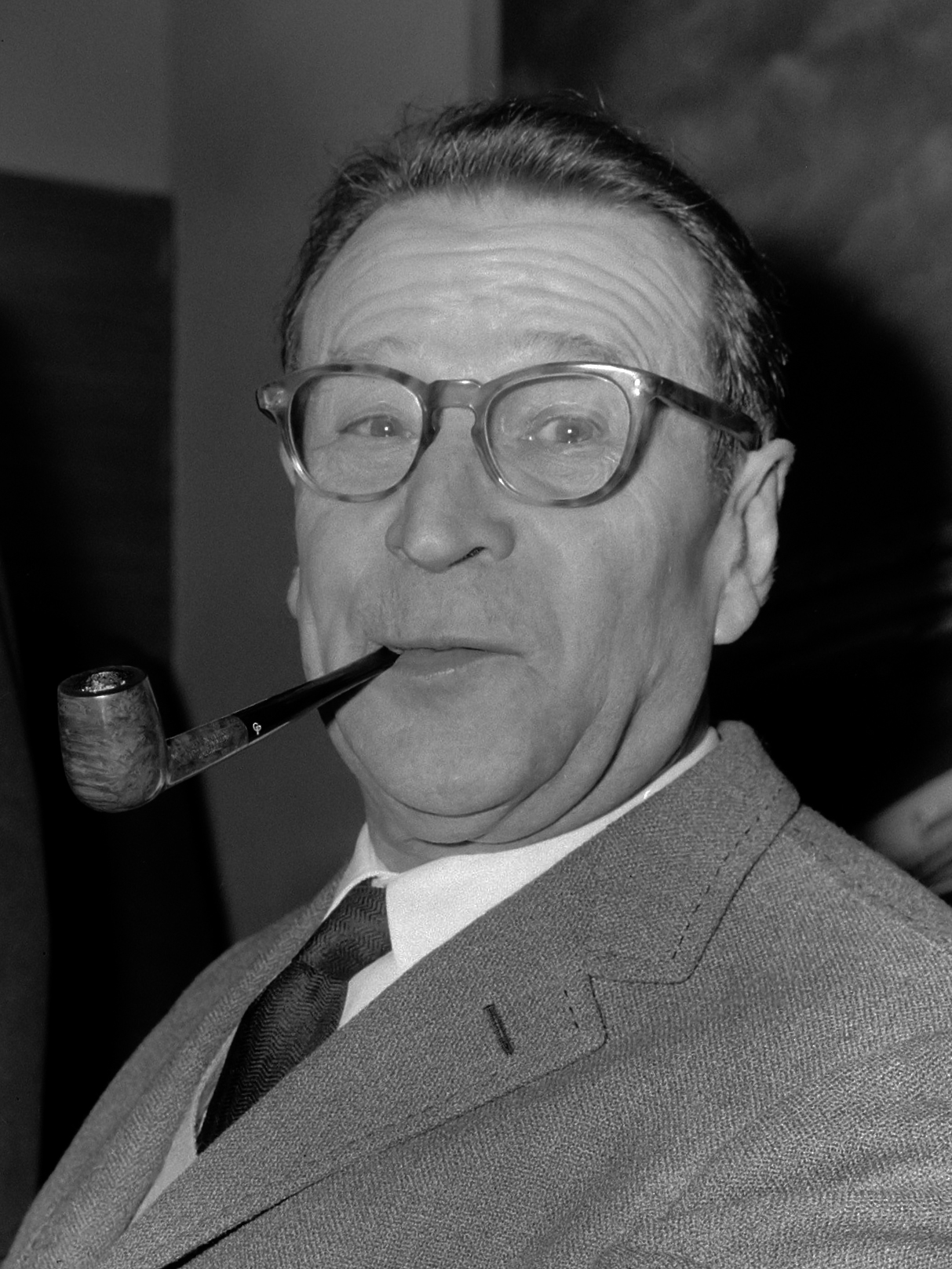Interviewed in Paris Review, Summer 1955; reprinted in Malcolm Cowley (ed.) Writers at Work (New York: Viking Press, 1959) p. 146.
Georges Simenon: Citáty v angličtine
Interviewed in Paris Review, Summer 1955; reprinted in Malcolm Cowley (ed.) Writers at Work (New York: Viking Press, 1959) p. 153.
Fellini, je crois que, dans ma vie, j'ai été plus Casanova que vous! J'ai fait le calcul, il ya un an ou deux. J’ai eu dix mille femmes depuis l’âge de treize ans et demi. Ce n’ést pas du tout un vice. Je n’ai aucun vice sexuel, mais j’avais besoin de communiquer.
Interviewed by Federico Fellini in L'Express, February 21, 1977, and cited from Daniel Golay et al. Simenon, un autre regard (Lausanne: L'Hebdo, 1988) p. 104; translation from Fenton Bresler The Mystery of Georges Simenon (London: Heinemann, 1983) p. 239.
T. S. Eliot in the Sunday Times, 1952; cited from David Chinitz T. S. Eliot and the Cultural Divide (Chicago: University of Chicago Press, 2003) p. 56
Criticism
